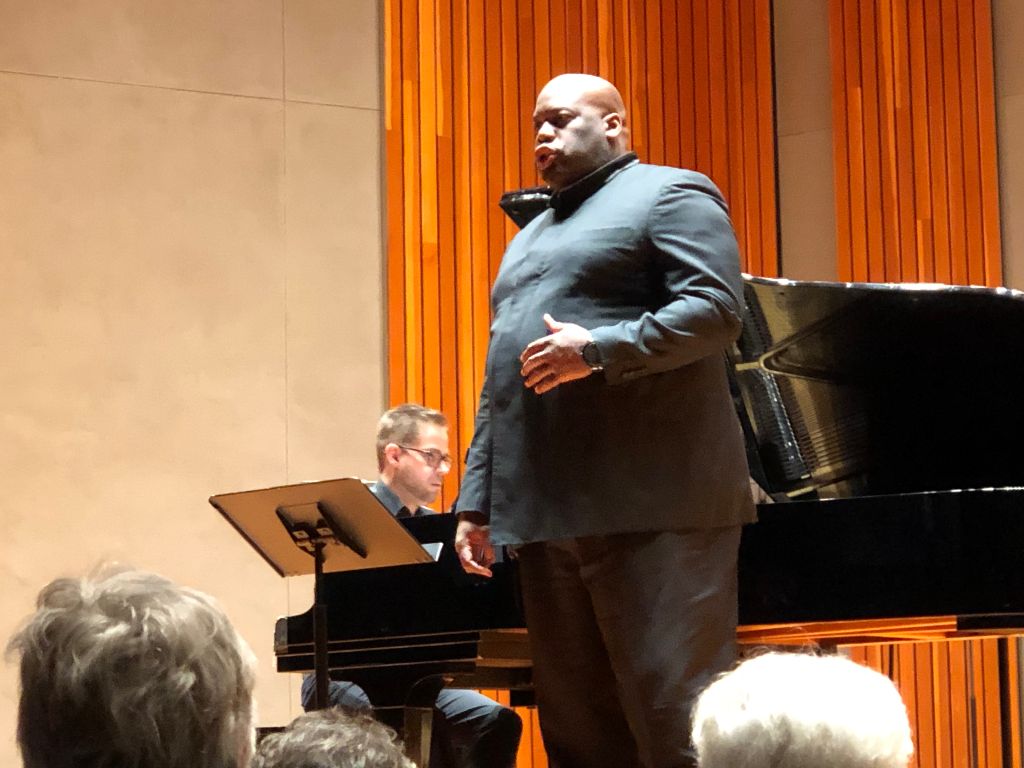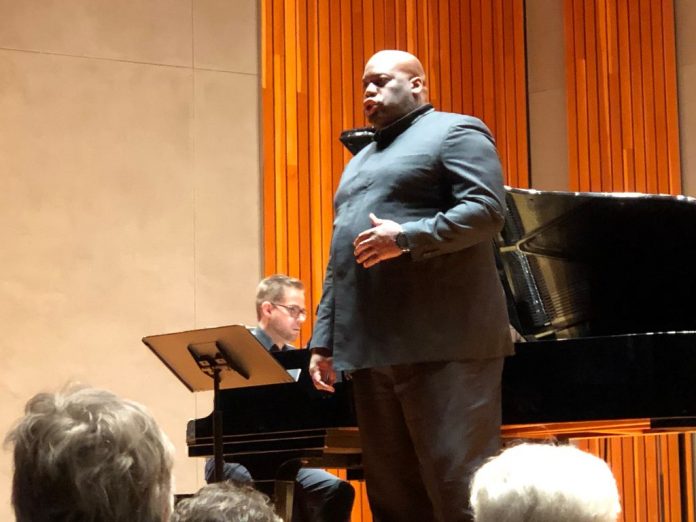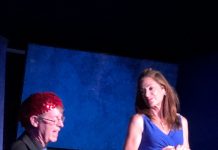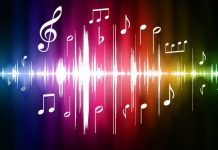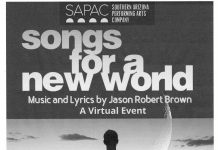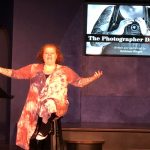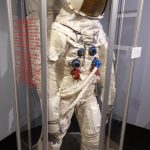The Great American Songbook is usually regarded as the sine qua non of American music, but as True Concord shows on their latest Tucson concert, it is just one of the pillars of American music.
Joined by the bass singer Morris Robinson, True Concord offered a six-course meal of music to a sold out concert at Catalina Foothills High School on Jan. 25. Tonight’s concert, at Grace St Paul’s Church, is also sold out.
The concert begins with a pillar that rises from the very bedrock of the American experience, How Firm A Foundation dating from 1787. This is a very different arrangement of one of the most treasured hymns in the repertoire, much more lively than that performed in a church. The song was popular in the Civil War, and was even sung by both sides in the Spanish American War on Christmas Eve in 1898.
The Road Home, based on a tune from The Southern Harmony Songbook of 1835, is delivered in a 2001 rendition by Stephen Paulus, an arranger who inspired True Concord to record an entire CD of his work. This lovely, sentimental comfort song is followed by Saints Bound for Heaven, a song from the 1840s that exudes joy after a long period of persecution.
The second pillar of the concert consisted of two train songs that explore the folk/country aspect of American music. In Maid of Constant Sorrow, from 1913, the piano imitates the dropping of tears with lyrics that tell of riding the Western Train forever. A jazzy version of the popular tune This Train is Bound for Glory comes complete with chords that are reminiscent of train whistles.
Old American songs arranged by Aaron Copeland are the third pillar. Here we move to politics, in the guise of The Dodger, a tune composed in 1884. It was written about a crooked Republican politician. (Yes, there was a time when Republicans really were crooked instead of perfect). This campaign song helped ensure that Grover Cleveland won the presidency in 1884, against his Republican foe James Blaine. The tune goes further though, spreading its tentacles of moral vacuity to encompass everyone from lovers to preachers.
Rescuing us from this nihilism is a poignant story of lost love, Long Time Ago, a tune Copland found in the archives of Brown University. Likely dating from 1850, his arrangement from 1950 saw the first entry on stage of Morris Robinson, whose deep and powerful voice has earned him many accolades. He came to singing late, not beginning his music studies officially until the age of 30. After graduating from Citadel in 1991 with a degree in English, he studied opera at Boston University and has recently performed at The Met.
Robinson said he was pleased “to do an all-American program, which I never get to do. I’m always singing the work of composers from other countries. We have a lot of different facets of music in our country.”
True Concord concluded its Copland section with more 19th century tunes: Simple Gifts, about finding ones’ place in the world, At The River, and Zion’s Walls, a moving song of spiritual fulfillment. After intermission the focus shifts to Stephen Foster, known as The Father of American Music. In this fourth pillar we encounter what was for many years the most popular song in American history, Oh! Susanna from 1848. It was adopted by the gold rush miners in California as their theme song. Gentle Annie, with its beautiful lilting melody, is a thoughtful remembrance of an unknown woman. Rounding out the Foster works is Nelly Bly, a playful tune with a uplifting cadence.
We next dabble in The Great American Songbook, exemplified by George Gershwin, with two songs: Summertime and I Got Rhythm. Going from the drowsy laziness of high summer to the off-kilter Rhythm song shows just how versatile Gershwin was.
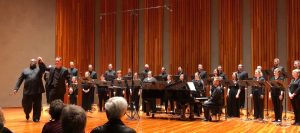
The concert erected the sixth pillar in its conclusion, African-American Spirituals. Robinson returned to the stage to lend his voice to a series of songs that got the audience onto its feet more than once. Deep River, Ol’ Man River, and, backed by the superb True Concord choir a full-throated delivery of Witness. It was a stunning performance, full of depth, power and emotion.
“It was a tremendous honour to share the stage with a world-class soloist,” True Concord singer Patrick Muehleise from New York told me. Reflecting on the music in the last portion of the concert, he said “Our country has such a short history compared to the rest of the world, but it is one filled with turmoil. I think the music reflects our diverse history and also reflects on the work we have to do.”
I spoke to one couple who have attended virtually all True Concord concerts. “They always bring something out of a hat, and they continue to get better and better.”
This concert is part of the Tucson Desert Song Festival, which runs through Feb. 16, 2020.
Visit the website for details: TucsonSongFest.org
The next performance by True Concord will be Beethoven and Goethe from Feb. 21-23.
Visit the website for tickets: Trueconcord.org
Photos by C Cunningham
